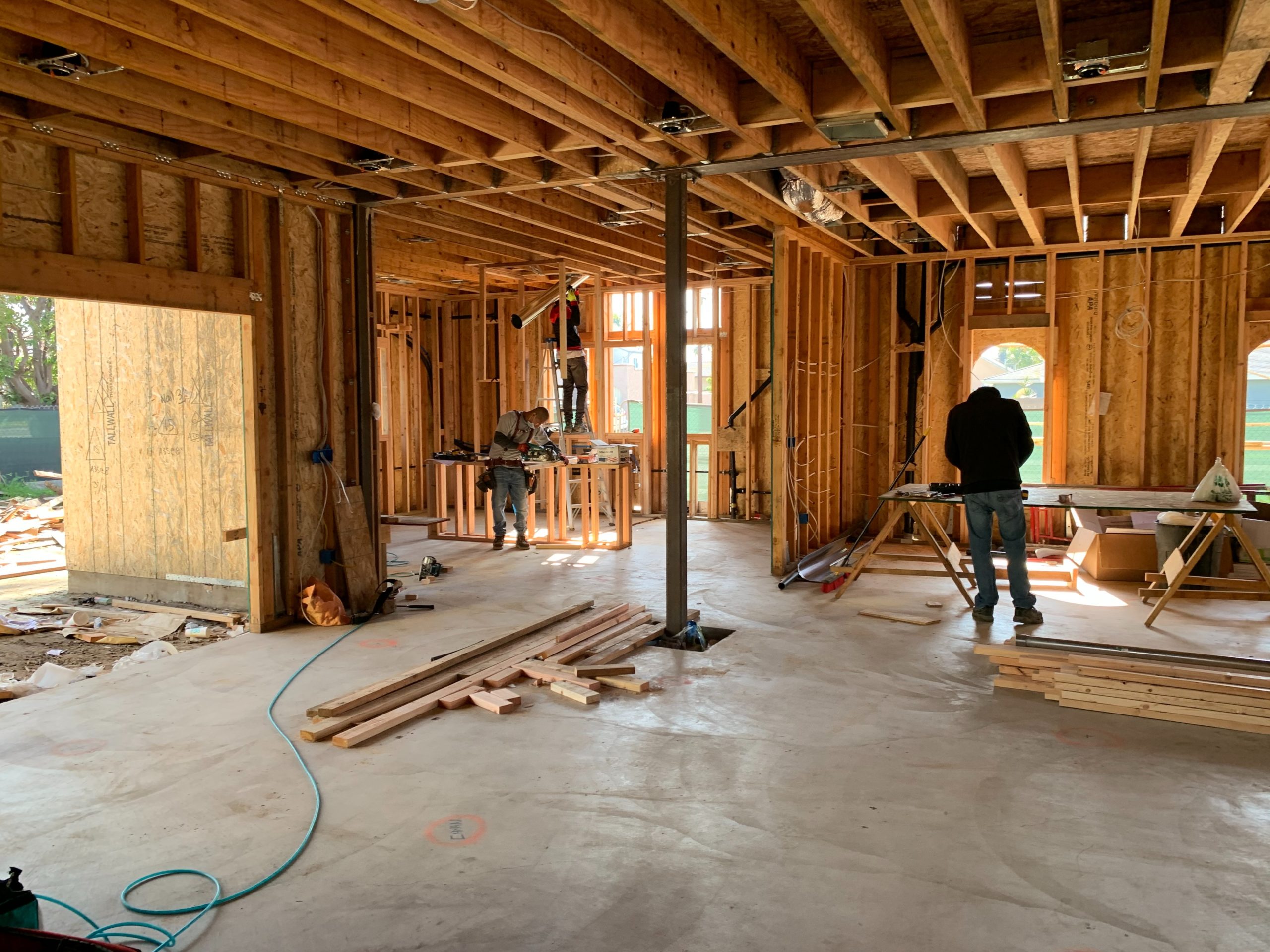

Purchasing a new home is one of the biggest financial decisions most people make, and ensuring that your new property is free from defects is a key concern for homeowners. In Louisiana, the New Home Warranty Act provides significant protections for homeowners, requiring builders to provide specific warranties for defects related to materials, workmanship, and structural issues. Understanding these protections can help you navigate potential problems and ensure that your home is in good condition after purchase.
The Louisiana New Home Warranty Act, under La. Stat. Ann. § 9:3144, outlines builders’ responsibilities and the warranties automatically provided to the home’s first owner. The Act is designed to offer peace of mind, specifying the builder’s liability for defects for a set period after the home is completed.
For the first year after the warranty commencement date, the builder warrants that the home will be free from defects caused by non-compliance with building standards or other issues with materials and workmanship not regulated by those standards. This means that if issues arise from poor construction practices or faulty materials within the frst year, the builder is obligated to repair or replace these elements without cost to the homeowner.
For the second year, the warranty extends to the plumbing, electrical, heating, cooling, and ventilating systems, exclusive of any appliances, fixtures, or equipment. These systems must also be free from defects due to noncompliance with building standards or flaws in materials or workmanship. However, it’s important to note that this warranty does not cover appliances or fixtures that are not part of the home’s core systems.
The builder also guarantees that the home will be free from major structural defects for five years after the warranty commencement date. A “major structural defect” refers to a significant issue that affects the home’s ability to function as a dwelling, often related to the home’s foundation, load-bearing walls, and overall structural integrity. Like the other warranties, this five-year period covers defects related to noncompliance with building standards and other construction flaws.
While the Louisiana New Home Warranty Act provides extensive protections, there are several important exclusions homeowners should be aware of:
The Louisiana New Home Warranty Act establishes minimum warranty requirements that cannot be waived or reduced by the builder, provided the home is a single-family or multi-family dwelling intended for residential occupancy. However, homeowners must also be vigilant in maintaining their property and adhering to the warranty requirements.
For instance, homeowners are required to give written notice of any defects to the builder within the timeframes specified in the Act. Failure to do so may result in the homeowner losing the right to a warranty repair. The Act also specifies that homeowners must minimize any damage once it is identified—failure to do so could further limit their warranty coverage.
Additionally, homeowners should be aware of the warranty periods for different defects. The one year, two-year, and five-year warranties cover distinct aspects of the home, and any issues should be addressed promptly to ensure they fall within the correct timeframe.
The Louisiana New Home Warranty Act offers crucial protections for homeowners. It ensures that new homes are built to a certain standard and remain free from significant defects for a specified period. By understanding the scope of the warranties and the exclusions under the Act, homeowners can better navigate potential issues and ensure their homes remain in good condition for years to come.
However, it’s equally important to be proactive in maintaining your home and following the correct procedures to report any defects within the required timeframes.
Citation:
La. Stat. Ann. § 9:3144.
Karalynn Cromeens is the Owner and Managing Partner of The Cromeens Law Firm, PLLC, with over 17 years of experience in construction, real estate, and business law. A published author and passionate advocate for contractors, she has dedicated her career to protecting the businesses her clients have built. Karalynn is on a mission to educate subcontractors on their legal rights, which inspired her books Quit Getting Screwed and Quit Getting Stiffed, as well as her podcast and The Subcontractor Institute.

